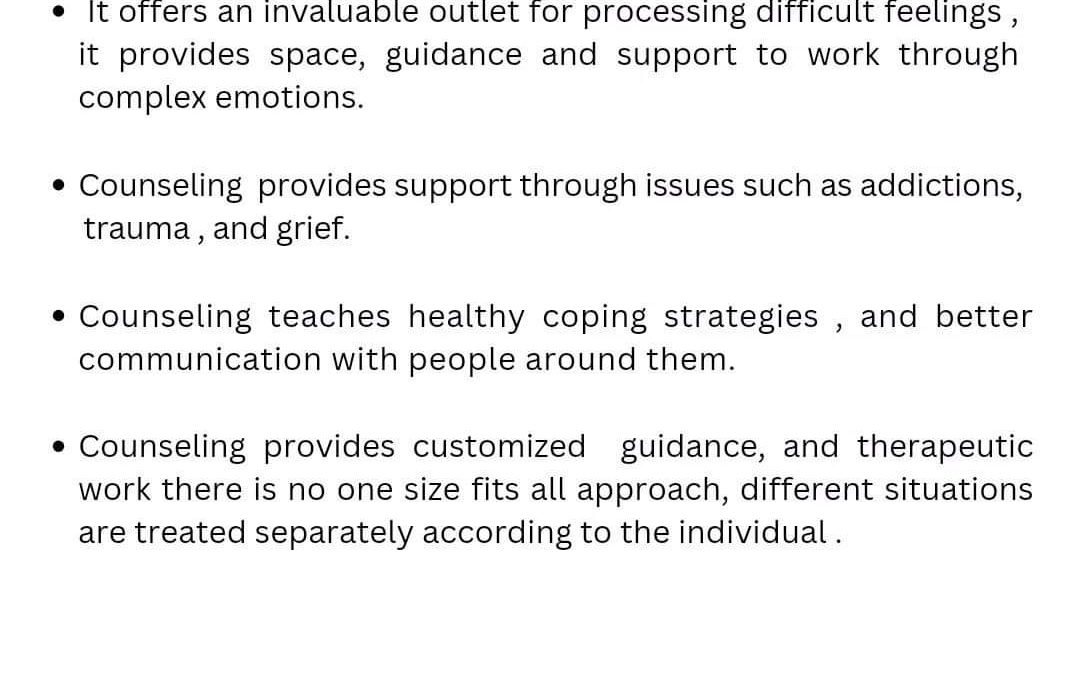Intergenerational trauma, or historical trauma, affects families and communities for generations. This type of trauma results from significant, traumatic events that impact family dynamics and cultural identity. Examples include forced relocation, cultural suppression, historical violence, and systemic injustices.
The impact of intergenerational trauma can be devastating. It can lead to emotional regulation difficulties, mental health issues such as anxiety and depression, substance abuse, relationship problems, and cultural disconnection. These effects can persist for generations, influencing the well-being of individuals and communities. Effective counseling addresses intergenerational trauma through various approaches.
In counseling, clients learn healing strategies to overcome intergenerational trauma. These include developing emotional regulation techniques, building resilience, reconnecting with cultural heritage, practicing forgiveness and reconciliation, and enhancing coping skills. Therapists incorporate traditional healing practices, cultural awareness, and sensitivity to empower cultural identity. Culturally sensitive practice is crucial when addressing intergenerational trauma. Therapists must acknowledge historical and systemic injustices, address cultural suppression, and promote cultural pride. By doing so, clients can reclaim their cultural identity and foster a sense of community.
If you or someone you know struggles with intergenerational trauma, seeking help from a therapist is the first step toward healing. Break the cycles of pain and start your journey towards healing.

